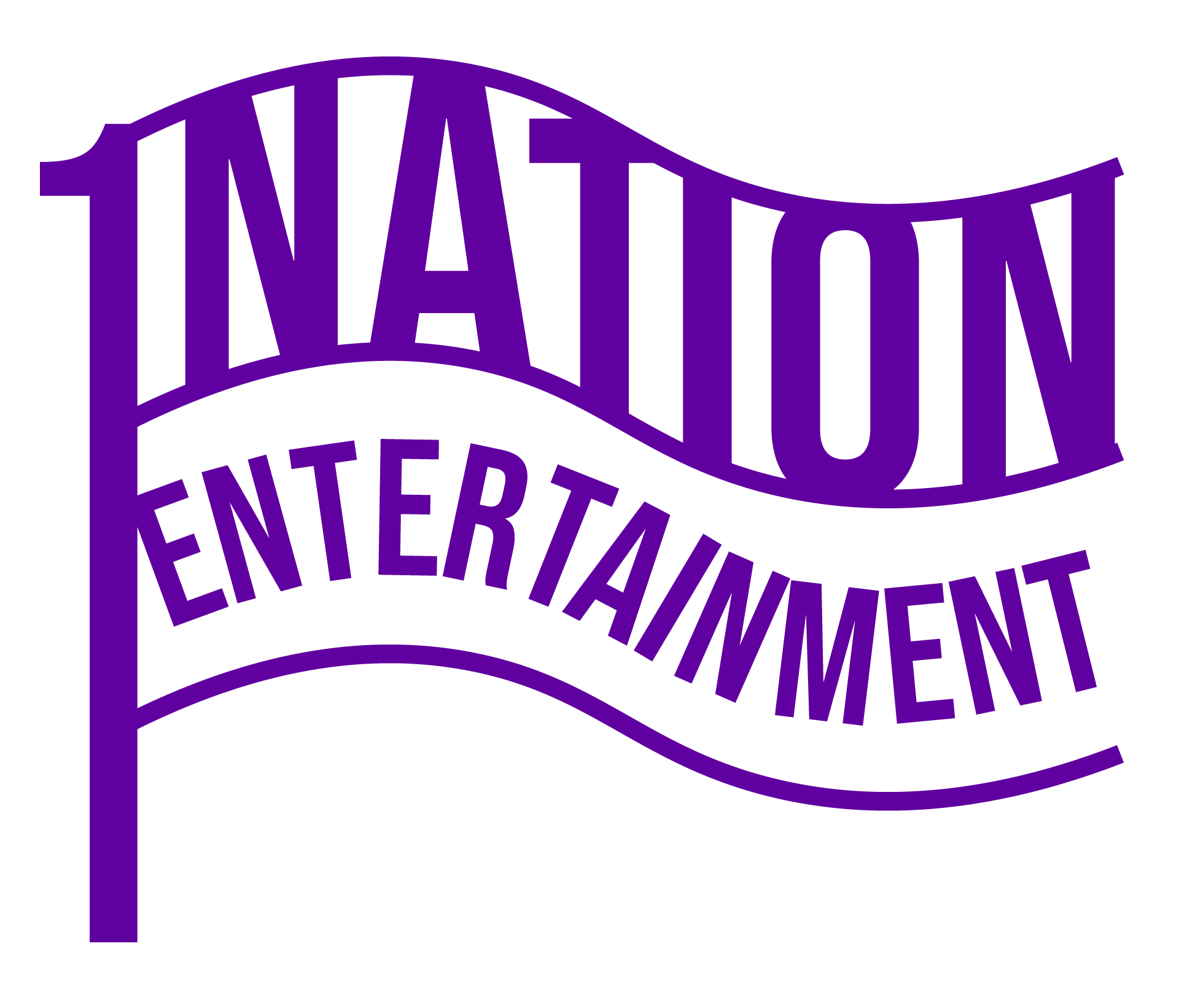Are music blogs still a thing? In the ever-evolving landscape of digital media, music blogs continue to play a pivotal role in shaping music discovery and fostering connections between artists and fans. While the rise of streaming platforms and social media has shifted the way we consume music, high-quality music blogs remain indispensable for curating niche genres, spotlighting emerging talent, and providing in-depth analysis. Whether you’re an aspiring musician seeking platforms to share your work or a dedicated listener looking to uncover fresh sounds, understanding the dynamics of music blogging is crucial in today’s digital ecosystem. This guide delves into the ins and outs of identifying the best new music blogs, strategies for submitting your music, effective ways to announce your drops, and insights into the most influential platforms shaping the music scene.

Are Music Blogs Still a Thing?
Yes, music blogs are still very much alive and continue to play a crucial role in the music industry. While the landscape has evolved with the rise of social media and streaming platforms, music blogs remain a valuable resource for artists, fans, and industry professionals alike.
Key Reasons Why Music Blogs Are Still Relevant
-
Content Creation and Curation :
Music blogs serve as platforms for creators to share their thoughts, reviews, and opinions on music. They provide in-depth analysis, interviews, and behind-the-scenes insights that are often not found elsewhere. This content is highly valued by fans who want to discover new artists and stay updated on the latest trends. -
Artist Promotion and Exposure :
For emerging artists, music blogs can be a cost-effective way to gain visibility. Bloggers who have a strong following can help showcase an artist’s work to a dedicated audience, potentially leading to more streams, downloads, or concert tickets. Established artists also use blogs to share personal stories, announce tours, and engage with fans. -
Community Building :
Music blogs foster a sense of community among fans and musicians. By discussing albums, singles, and live performances, readers feel connected to a shared passion. This engagement can lead to discussions, fan clubs, and even collaborative projects between artists and fans. -
Niche Markets and Discoverability :
While major platforms dominate the mainstream market, music blogs often focus on niche genres or unsigned artists. This allows them to uncover talent that might otherwise go unnoticed, contributing to the discovery of the next big thing in music. -
SEO and Traffic Generation :
For businesses in the music industry, including record labels, promoters, and artists, music blogs can drive organic traffic. Strategic placements of links and mentions can improve search engine rankings, making blogs a valuable tool for marketing and promotion.
Example of a Thriving Music Blog Platform
Consider 1 Nation Entertainment, a digital platform dedicated to music and entertainment news. Their blog covers a wide range of topics, from album reviews and artist interviews to cultural trends and event updates. By combining in-depth analysis with engaging content, 1 Nation Entertainment helps fans stay informed and connected to the music they love.
Conclusion
Music blogs may not dominate the space they once did, but they remain an integral part of the music ecosystem. They offer unique value to artists, fans, and the industry as a whole, ensuring that they continue to thrive in the ever-evolving landscape of modern music.
How to Find Music Blogs to Submit To
To effectively find music blogs that accept submissions, follow these organized steps:
- Explore Blog Directories :
- Blogarama : Visit Blogarama and navigate through their music category to discover numerous blogs.
-
AllTop : Check out AllTop for a directory of prominent blogs, including many in the music niche.
-
Utilize Submission Platforms :
-
Submit Your Blog : Go to Submit Your Blog to potentially find blogs that accept submissions, though primarily for adding your own blog.
-
Engage Online Communities :
- Reddit : Join communities like r/MusicBlogging and r/MusicProduction to gain insights and find recommended blogs.
-
Facebook Groups : Explore groups focused on music to connect with peers who may share submission opportunities.
-
Leverage Social Media :
- Twitter : Follow hashtags such as #MusicBlogs and engage with influencers for recommendations.
-
LinkedIn : Connect with music industry professionals who may know of submission opportunities.
-
Seek Genre-Specific Resources :
- Google Blogger Directory : Use Google’s Blogger Directory to find blogs by interest or location.
-
Niche Directories : Look for directories catering to specific music genres, such as indie or electronic, which may list relevant blogs.
-
Verify Submission Guidelines :
-
Ensure each blog has a submission form or contact details. Review their guidelines to meet their specific requirements, such as content types and preferred structures.
-
Track and Organize :
- Keep a record of the blogs you find to avoid duplication and target only high-quality, relevant platforms.
By systematically exploring these avenues, you can efficiently identify suitable music blogs for your submissions, enhancing your chances of successful publication.

How to Announce New Music
To effectively announce your new music release, consider leveraging a multifaceted approach that combines digital platforms, personal connections, and strategic collaborations:
- 1. Utilize Social Media Platforms
- Share the announcement on Instagram, Twitter/X, Facebook, and TikTok to capture visual, short-form, and viral audiences.
- Post a teaser video or sneak peek on YouTube to engage fans with audio clips or behind-the-scenes content.
- 2. Email Newsletters
- Send an exclusive preview or countdown email to your subscribed fans, segmented by engagement levels for maximum impact.
- Incorporate eye-catching visuals and a clear call-to-action to drive traffic to your release landing page.
- 3. Collaborate with Streaming Platforms
- Announce the release on Spotify and Apple Music, targeting fans who engage with similar genres and curate playlists featuring your track.
- Promote the release on Deezer, Tidal, and other platforms to maximize reach across diverse audiences.
- 4. Engage Influencers and Fans
- Partner with influencers in your genre to share the announcement organically, building credibility and reaching niche audiences.
- Engage with your fanbase on forums, Discord servers, and Reddit communities to foster excitement and buzz.
- 5. Create Promotional Materials
- Design eye-catching posters, flyers, and stickers for offline promotions in local venues and neighborhoods.
- Distribute press releases to music blogs, online zines, and industry publications to secure media coverage and partnerships.
- 6. Leverage Press and PR
- Write a compelling press release detailing the release, including background info, artist bio, and links to music platforms.
- Contact music journalists and industry insiders for features, interviews, and reviews to expand visibility.
- 7. Host Events and Q&A Sessions
- Host a virtual or in-person launch event with live performances, exclusive content drops, and fan Q&A sessions.
- Collaborate with local venues or promoters to host pop-up events or meet-and-greet opportunities.
- 8. Tease and Build Anticipation
- Drop teasers on social media, playlists, and podcasts leading up to the release date to build intrigue and excitement.
- Guest on music-related podcasts or participate in industry panels to discuss the release and your artistic process.
By combining these strategies, you can create a dynamic and multifaceted announcement campaign that resonates with your audience and maximizes your music’s visibility. Remember to optimize your content with relevant keywords and tags for search engine visibility, and always ensure your announcements are engaging and timely.
For more tips and tools to promote your music, visit our promotion tools page or explore our music resources .

What is the Most Popular Music Review Site?
Discussing the most popular music review sites requires a deeper dive into platforms that cater to diverse tastes and preferences. While there are numerous options available, certain platforms stand out for their reliability, depth of analysis, and engagement with audiences.
One notable platform is 1 Nation Entertainment . This site is renowned for its comprehensive coverage of the music industry, offering detailed reviews, interviews, and features on emerging and established artists. Its user-friendly interface and rich content make it a favorite among music enthusiasts seeking in-depth insights and up-to-date news.
Another prominent site is Pitchfork, known for its extensive music coverage and influential reviews. Pitchfork has been a go-to destination for indie music fans since its launch in 1996, providing detailed analyses and recommendations that resonate with a broad audience.
For those interested in exploring a variety of music genres, Spin is a trusted source. Spin offers insightful reviews, features, and interviews that cover a wide spectrum of music styles, making it a valuable resource for music lovers with eclectic tastes.
Additionally, Vulture provides unique perspectives on music, blending critical reviews with cultural commentary. Its blend of in-depth analyses and trend pieces makes it a distinctive choice for those looking for more than just traditional music reviews.
Each of these platforms excels in different aspects, whether it’s through meticulous album reviews, genre-specific coverage, or cutting-edge features. Choosing the right music review site often depends on individual preferences, but all these platforms consistently deliver high-quality content that satisfies music enthusiasts of all kinds.
Is Pitchfork Gone?
As of my knowledge cutoff in March 2025, Pitchfork is still operational under its parent company, Condé Nast. However, there have been significant changes within the organization. In 2024, Condé Nast announced plans to merge Pitchfork with the men’s lifestyle magazine GQ, leading to the closure of Pitchfork Music Festival and various staff layoffs. While Pitchfork continues to operate as a digital platform, its future direction remains uncertain under the new ownership.
For the latest updates and information about Pitchfork, visit their official website: Pitchfork . If you’re looking for alternative platforms that provide music news and entertainment updates, you might explore other reputable sites like 1 Nation Entertainment , which offers a variety of music and entertainment-related content.
For more details about 1 Nation Entertainment, check out their website: 1 Nation Entertainment .

Where Can I Get My Music Noticed?
Getting your music noticed involves a multifaceted approach that combines online platforms, strategic collaborations, and proactive promotion. Here’s a structured guide to help you:
- Online Platforms: – Spotify and Apple Music: Upload your music to these platforms to leverage their discovery features. These platforms often recommend new artists based on user preferences, potentially increasing your visibility. – YouTube Music and Audio Streaming: Create content around your music, such as lyric videos or behind-the-scenes footage, to engage viewers and encourage sharing. – SoundCloud: Share your tracks and mixes to connect with a community of music enthusiasts who may promote your work organically.
- Social Media Marketing: – Utilize platforms like Instagram , Twitter , and TikTok to share engaging content related to your music. Engage with fans and collaborate with influencers to broaden your reach.
- Collaborations and Networking: – Partner with other artists or producers to combine talents and attract each other’s fanbases. Attend local music events or join online communities to network and seek collaboration opportunities.
- Music Licensing and Publishing: – Register your music with organizations like BMI and ASCAP to explore licensing opportunities for films, commercials, and games. This can provide steady income through royalties.
- Understanding Streaming Algorithms: – Research how platforms like Spotify and Apple Music promote music. Tailor your music production and release strategy to align with these algorithms, potentially increasing your chart placements and streams.
- Press and Public Relations: – Pitch your music to music blogs and indie magazines. Prepare press kits and promotional materials to attract attention. Consider attending music conventions or festivals to network with industry professionals.
- Local Performances: – Perform at live events, open mic nights, or local venues to build a loyal fanbase. Consistent performances can establish you as a local artist and attract broader attention.
- Utilizing Promotion Tools: – Leverage music marketing platforms and analytics tools to monitor your progress and adjust strategies based on performance data. Tools like Spotify for Artists offer insights and promotional features.
By combining these strategies, you can effectively increase your music’s visibility and attract a dedicated audience. Remember, persistence and adaptability are key to long-term success in the music industry.



